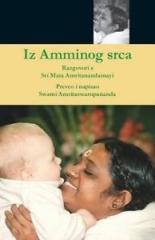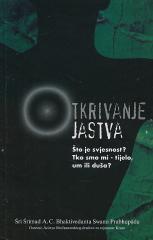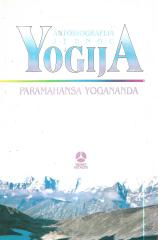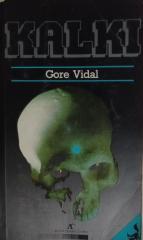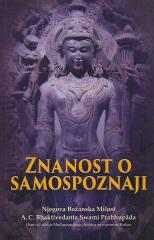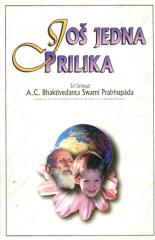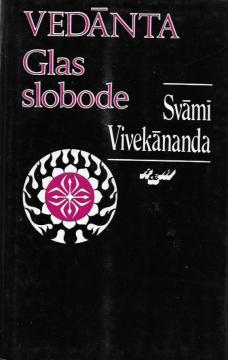
Vedanta: Glas slobode
Zbirka tekstova indijskog filozofa i duhovnog učitelja, objavljena posthumno na temelju njegovih govora i spisa. Svāmī Ćetanananda izabrao je 104 eseja iz zrelog razdoblja Svāmīja Vivekānande, od 1893. do njegove smrti 1902. godine.
Knjiga izlaže srž Vedante, drevne indijske filozofske tradicije, koja naglašava jedinstvo duše (Atman) i apsolutne stvarnosti (Brahman). Vivekananda, ključni propagator hinduizma na Zapadu, posebice nakon svog govora na Svjetskom parlamentu religija 1893. u Chicagu, u ovom djelu predstavlja Vedantu kao univerzalnu duhovnu filozofiju dostupnu svima, bez obzira na vjeru.
Knjiga obuhvaća teme poput prirode duše, božanskog jedinstva, karme, reinkarnacije i oslobođenja (mokše). Vivekananda naglašava praktičnu primjenu Vedante kroz jogu (jnana, bhakti, karma i raja), pozivajući na duhovni razvoj i samorealizaciju. Kritizira dogmatizam i materijalizam, promičući slobodu duha i univerzalnu ljubav. Njegov stil je jasan, inspirativan i prilagođen zapadnjačkoj publici, čime povezuje istočnjačku duhovnost s modernim racionalizmom.
Zbirka uključuje govore, eseje i pisma, odražavajući Vivekanandinu viziju svijeta u kojem različite religije vode istom cilju – spoznaji istine. Knjiga je značajna za razumijevanje Vedante kao univerzalnog duhovnog sustava i ostaje ključno djelo za proučavanje hinduističke filozofije i međureligijskog dijaloga.
One copy is available
